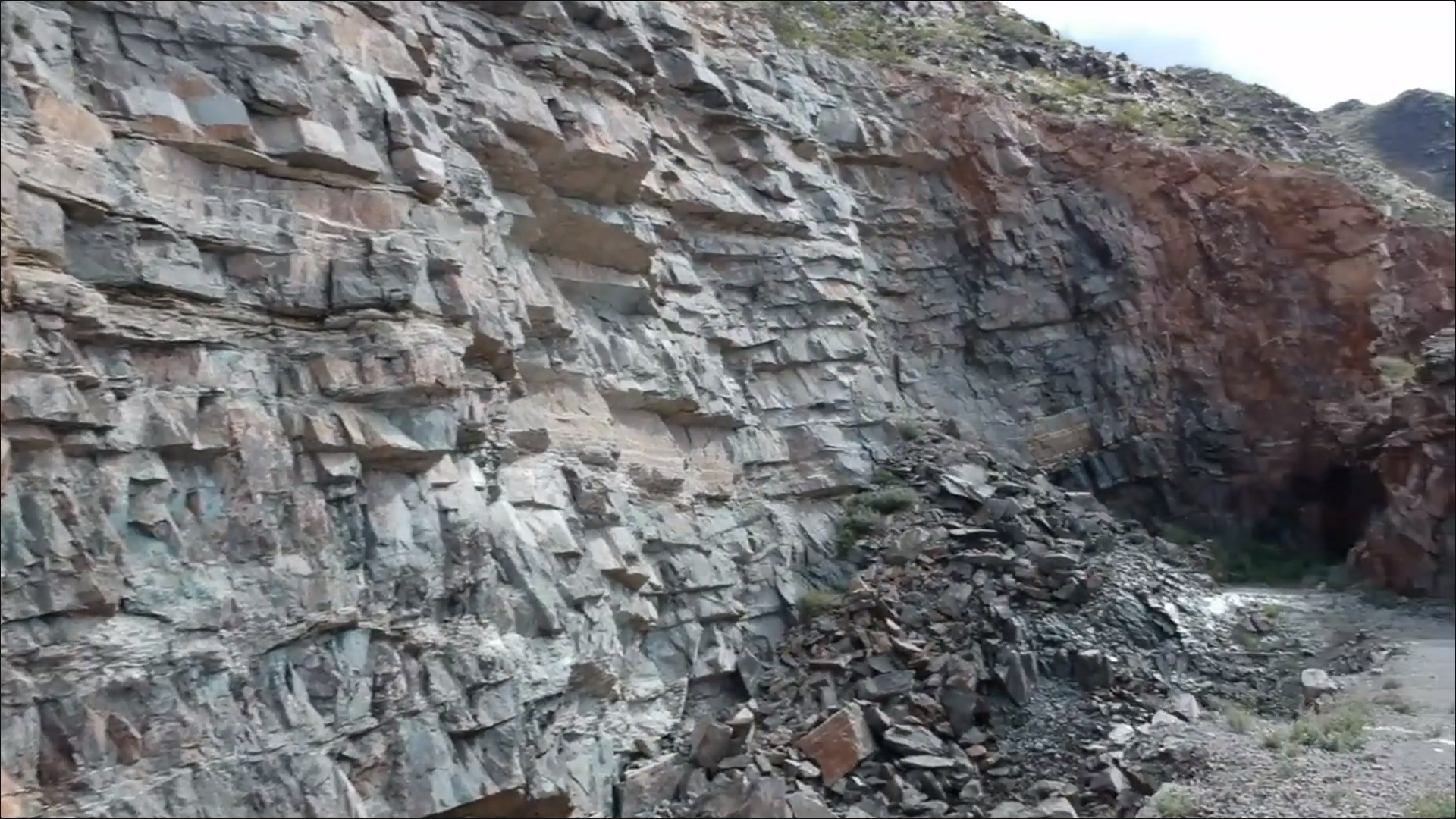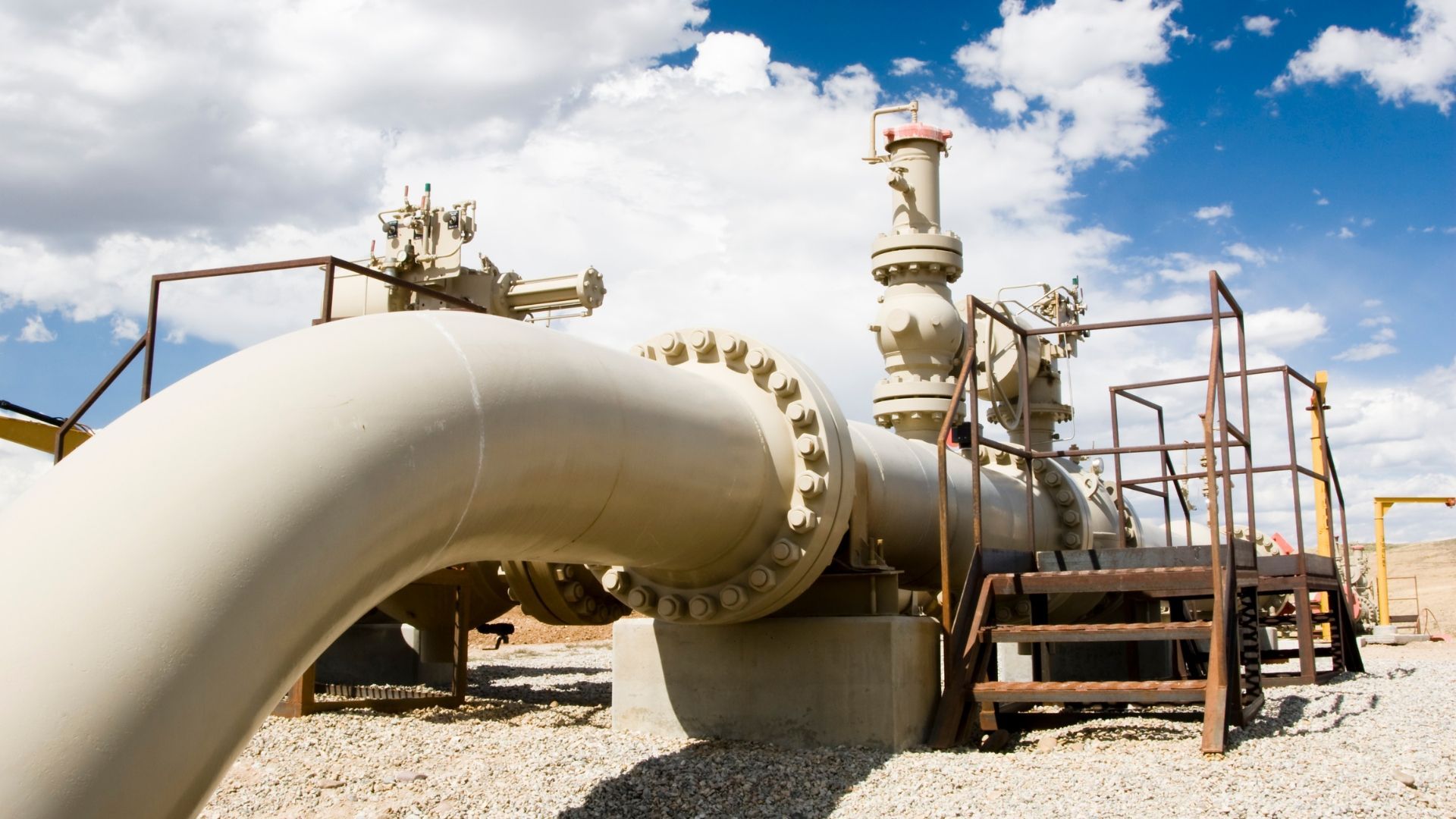FEBRUARY 29, 2024
WASHINGTON, D.C. — The U.S. Department of Energy’s (DOE) Office of Fossil Energy and Carbon Management (FECM) today announced up to $30 million in additional funding to support two carbon management priorities—the conversion of carbon dioxide (CO₂) into environmentally responsible and economically valuable products and the development of lower-cost, highly efficient technologies to capture CO₂ from industrial sources and power plants for permanent storage or conversion. Advancing the development of these technologies will help establish the foundation for a successful carbon capture, storage, and conversion industry in the United States and will help meet the Biden-Harris Administration’s ambitious climate goals of achieving a carbon neutral power sector by 2035 and net-zero greenhouse gas emissions by 2050.
“The development of innovative technologies that capture carbon dioxide and recycle the emissions into value-added products is part of a broad portfolio of solutions needed to help the nation move toward a clean energy and industrial economy,” said Brad Crabtree, Assistant Secretary of Fossil Energy and Carbon Management. “Today’s funding will help reduce costs, increase the reliability, and enhance the sustainability of these transformational technologies.”
Projects selected under this funding opportunity announcement (FOA) will focus on two areas:
1) Technologies that utilize CO₂ from sources such as industrial and power generation facilities, as well as from legacy carbon dioxide emissions captured directly from the atmosphere, to produce value-added products while simultaneously reducing CO₂ emissions. Three specific areas of carbon conversion technology that may be funded include:
- Non-photosynthetic biological conversion of CO₂ — Research may include, but is not limited to, microbe selection, fermentation, reactor design, electrolyzer integration and gas recycling. Supported research and development will identify an end-use for the CO₂ that would otherwise be emitted into the atmosphere.
- Conversion of CO₂ to plastics — Research may use any conversion pathway, and should identify the plastic produced, the intended end-use, and the proposed conversion process.
- Conversion of CO₂ to solid carbon products — Research may use any pathway that converts CO₂ to solid carbon products and should identify the solid-carbon product produced, the intended end-use application, and the proposed conversion process.
2) Lower-cost, highly efficient technologies for carbon capture from industrial facilities and power plants for secure geologic carbon storage or conversion into long-lasting products such as synthetic aggregates, building materials, and concrete.
Projects selected under this FOA will also advance the development of technologies that enable scale-up testing and demonstrations of carbon capture systems and assure their responsible deployment.
In addition to advancing these technologies, applicants to this FOA must address the societal considerations and impacts of their proposed projects, emphasizing diversity, equity, inclusion, and accessibility throughout the research and development process. Applications must explain how projects are expected to deliver equitable access to, and distribution of, benefits produced from successful technology innovations; incorporate diversity, equity, inclusion, and accessibility; and understand the future workforce implications of the innovation. Projects selected under this opportunity will be required to develop and implement strategies to advance these priorities, and report on such activities and outcomes.
Read more details about this FOA here. All questions must be submitted through FedConnect; register here for an account. The application deadline is April 29, 2024.
FECM minimizes environmental and climate impacts of fossil fuels and industrial processes while working to achieve net-zero emissions across the U.S. economy. Priority areas of technology work include carbon capture, carbon conversion, carbon dioxide removal, carbon dioxide transport and storage, hydrogen production with carbon management, methane emissions reduction, and critical minerals production. To learn more, visit the FECM website, sign up for FECM news announcements, and visit the National Energy Technology Laboratory website.







